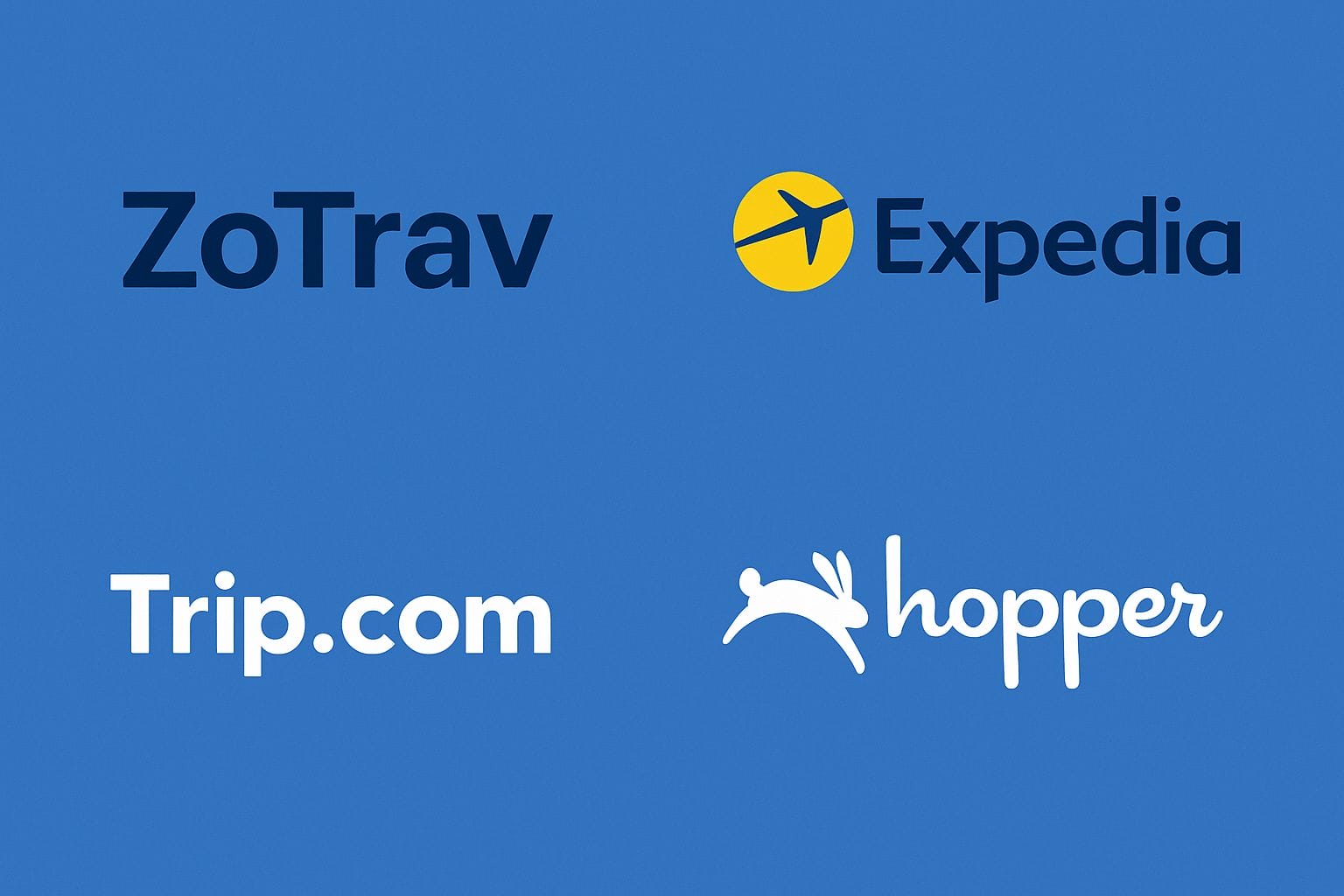In 2025, the Middle Eastern travel industry is experiencing a powerful wave of innovation as multiple B2B platforms enter the market. Agents across the UAE, Saudi Arabia, and the broader GCC region now have access to advanced tools tailored to both niche destinations and global inventory—reshaping how travel professionals plan, sell, and service trips.
ZoTrav: Cultivating CIS Expertise from Dubai
Among the newest players is ZoTrav, a curated B2B marketplace that connects travel agents with immersive experiences in the CIS (Commonwealth of Independent States). Headquartered in Dubai with operations in Delhi and other strategic locations, ZoTrav specializes in routes to countries like Kazakhstan, Uzbekistan, Georgia, Armenia and Russia.
Since its Middle East launch in August 2025, ZoTrav has already signed on over 300 agents in India and aims to onboard 200 agents across the Middle East in its first year—with 100 targeted in the UAE alone. Agents benefit from real-time product data, dynamic itinerary tools, and connections with verified destination management companies.
Why CIS Destinations Are Gaining Popularity
These countries are gaining traction among GCC travelers. Baku (Azerbaijan), Tbilisi (Georgia), and Yerevan (Armenia) have emerged as top short-haul destinations from the UAE. Analyst data confirms Georgia now ranks among the top 10 outbound destinations from the GCC in 2025, demonstrating a growing appetite for novel cultural and nature experiences.
ZoTrav’s specialized focus on these emerging destinations positions agents to stand out—offering rich, authentic experiences that mainstream platforms don’t easily replicate.
Other Major Platform Entries Energize the Market
This transformation extends beyond ZoTrav:
- Expedia Group launched its Travel Agent Affiliate Program (TAAP) in the UAE in April 2025. The initiative brings Expedia’s global inventory—flights, hotels, packages—to agents, including integration of Emirates’ NDC (New Distribution Capability) content, enabling agent access to unique fares and services.
- Trip.com Group announced regional expansion during the Arabian Travel Market (ATM) 2025, forging partnerships with Saudia, flynas, and signing an MoU with Visit Oman. Q1 2025 inbound travel surged 37.5%, with Dubai leading the recovery, according to Trip.com’s data released at the event.
- Hopper entered the region via a partnership with Jazeera Airways. Hopper’s “Cancel For Any Reason” and “Disruption Assist” products became the airline’s first in the Middle East, offering passengers flexible, add-on protection and boosting ancillary revenue.
- Trip Affiliates Network has also ramped up expansion across the Middle East & Africa, providing agencies with integrated booking and payments solutions, with adoption accelerated through trade show presence.
What This Means for Travel Agents
The influx of tools offers multiple benefits for agents in a fast-expanding travel market:
- Real-time inventory and dynamic packaging make responses to client requests faster and more flexible.
- Verified local partners—especially through platforms like ZoTrav—bring authenticity and quality assurance to lesser-known destinations.
- New revenue models from affiliate commissions (Expedia TAAP) and ancillary products (Hopper) enhance earning potential.
- Regional partnerships (like Trip.com with GCC carriers) bring more local choices to agent inventories—key in a visa-unified GCC environment.
- Comprehensive digital stacks via platforms like Trip Affiliates Network centralize operations from booking to billing.
According to the Arabian Travel Market 2025 report, the regional travel tech segment grew by nearly 25% year-on-year, powered by rising tourism spend and innovation demand.
GCC Visa Unification: Perfect Timing for Digital Tools
The GCC’s approval of a single visa policy in June 2025 sets the stage for seamless multi-country itineraries. With less bureaucratic friction, sales-ready platforms now allow agents to craft cross-border travel offers quickly and effectively—unlocking new markets and client segments.
Looking Ahead: A Digitized, Competitive Travel Ecosystem
Several trends define the future landscape:
- Specialist platforms like ZoTrav offer curated access to niche markets.
- Global giants like Expedia and Trip.com strengthen their foothold in the Gulf through tailored programs and partnerships.
- Fintech and ancillaries—led by Hopper—introduce new protection and flexibility options for travelers.
- Unified GCC visa implementation will further accelerate multi-destination travel, powered by digital tools.
These developments come at a time when Middle East tourism spend is projected to reach USD 350 billion by 2030, with 2025 spending already 54% higher than 2019’s levels—according to ATM’s 2025 Travel Trends report.
Final Thoughts
As 2025 unfolds, the Middle East emerges as a vibrant hub for travel technology. Platforms like ZoTrav, Expedia TAAP, Trip.com, and Hopper are empowering agents with speed, authenticity, and scalability—vital in a market defined by digital savvy customers and seamless cross-border travel.
For travel professionals, embracing these tools is no longer optional—it’s imperative. In a rapidly evolving industry shaped by technology and changing traveler expectations, agent success increasingly hinges on the ability to integrate global reach with personalized, efficient service.
In short: The future of tourism in the Middle East is tech-enabled, experiential, and ready for agents bold enough to innovate.
For more travel news like this, keep reading Global Travel Wire


















